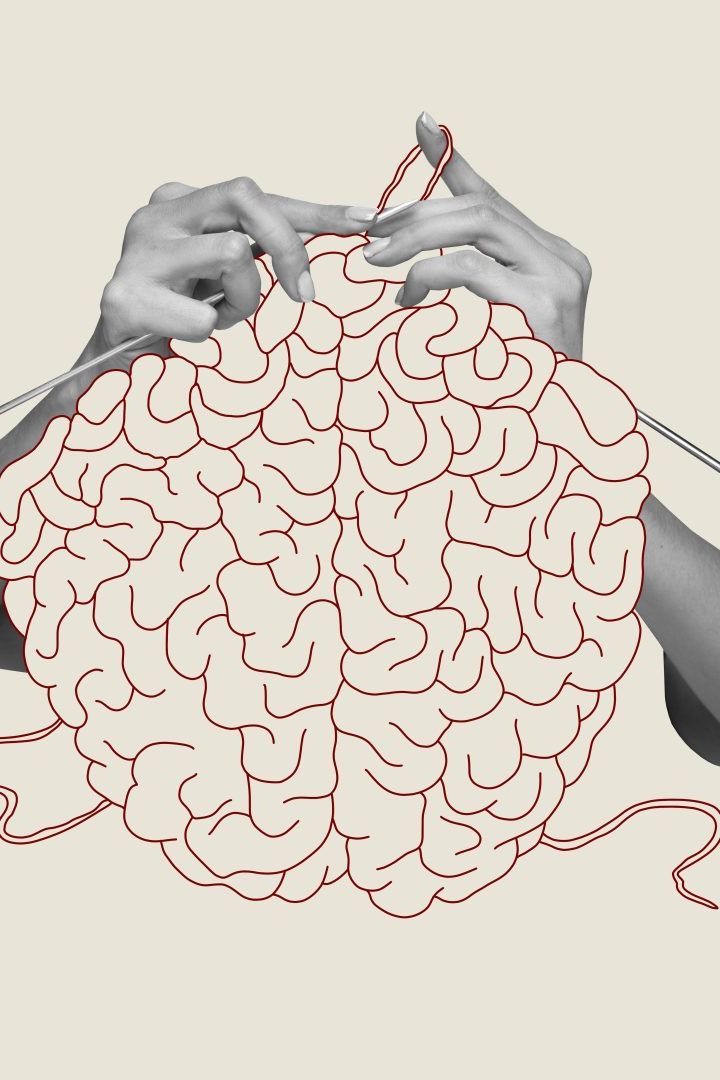Antidepressants Prime the Brain for Learning and Restoration

Antidepressants do far more than simply elevate mood—they prepare the brain for transformation by enhancing its capacity to adapt, learn, and recover from the cognitive and emotional disruptions caused by depression.
⸻
Restoring Neural Health with BDNF
Most notably, SSRIs and SNRIs stimulate the expression of Brain-Derived Neurotrophic Factor (BDNF)—a protein critical for:
• Dendritic branching
• Synaptogenesis (creation of new synapses)
• Neuronal survival
BDNF is to the brain what sunlight and water are to plants—it helps regenerate what has withered under chronic stress and depression.
(Chen et al., 2001; Duman & Monteggia, 2006)
This process explains why antidepressants typically take several weeks to show full clinical effect: they’re not merely increasing serotonin or norepinephrine levels. They’re actively fostering neuronal growth, synaptic repair, and circuit remodeling—a deeper, structural form of healing.
⸻
Rewiring Rigid Patterns
According to the REBUS model (Relaxed Beliefs Under Psychedelics) by Carhart-Harris & Friston (2020), antidepressants (and especially psychedelics) loosen rigid predictive coding hierarchies in the brain—models that fuel negative self-perception, hopelessness, and behavioral avoidance.
By relaxing these entrenched mental frameworks, antidepressants make the brain more receptive to:
• New perspectives
• Emotional experiences
• Adaptive behavioral responses
This opens a “critical window” of neuroplasticity—a period during which patients are neurologically primed to unlearn harmful patterns and relearn healthier emotional and cognitive strategies.
This state mirrors the neuroplasticity of childhood, now pharmacologically induced and therapeutically valuable.
⸻
Cognitive and Functional Restoration
Depression impairs more than mood—it disrupts core cognitive functions, such as:
• Memory and recall
• Attention and concentration
• Processing speed and task execution
Some individuals even develop pseudodementia, a reversible memory deficit resulting from depression-induced cognitive slowing.
These symptoms are not caused by antidepressants. Rather, they are hallmarks of untreated depression.
Antidepressants contribute to recovery by:
• Restoring information processing and retention
• Increasing signal transmission speed from brain to body
• Enhancing mental agility and task performance
• Reversing psychomotor retardation and the cognitive fog commonly reported by patients
⸻
Reclaiming Emotional and Sexual Function
It’s a common myth that antidepressants cause emotional numbness or reduced libido. In truth, anhedonia, emotional flatness, and sexual dysfunction are often symptoms of depression itself.
By treating the root cause, antidepressants can:
• Restore emotional range
• Reignite interest in surroundings and relationships
• Improve libido and sexual functioning
While some individuals may experience temporary side effects, the overall trend is restorative, not numbing. The changes brought on by antidepressants are not artificial—they’re adaptive.
The Bottom Line
The myth that antidepressants simply “mask symptoms” or create a false sense of well-being overlooks a deeper truth:
Antidepressants initiate real, measurable, and necessary changes in the brain.
They don’t override emotion—they restore the capacity to feel, think, and connect. They don’t impair memory—they repair what depression has damaged. And they don’t slow the mind—they speed recovery from the mental slowness and fog depression creates.
Antidepressants are not emotional silencers.
They are cognitive and emotional rehabilitators—opening the door to healing, especially when paired with therapeutic learning.



Comments (0)